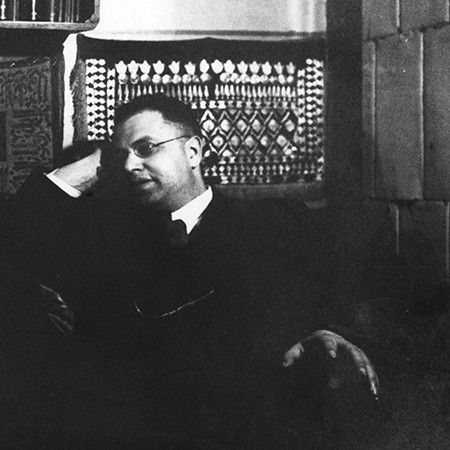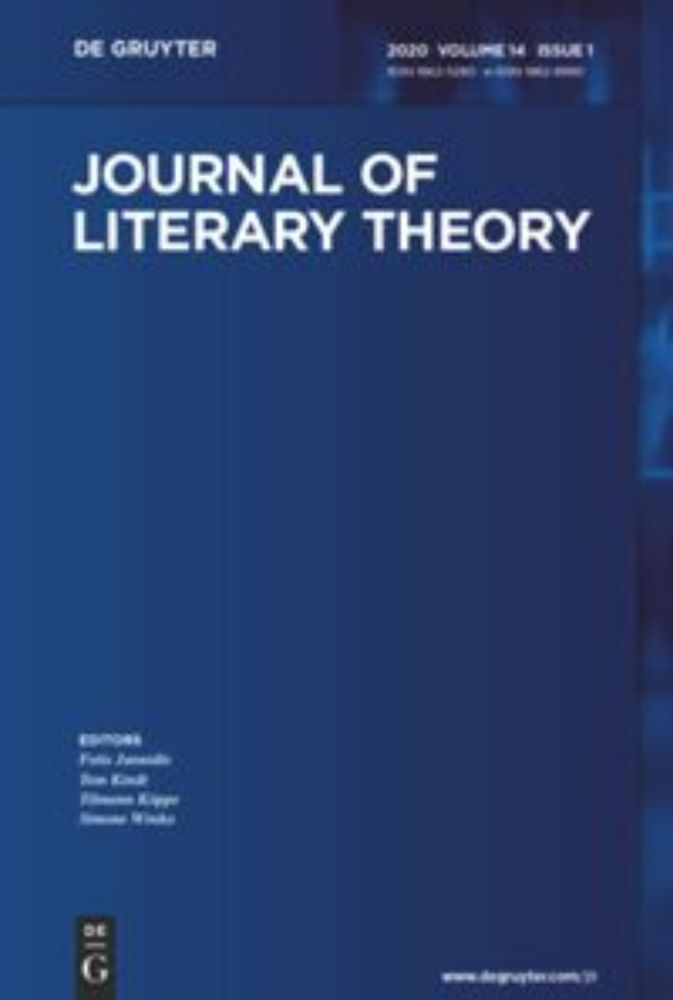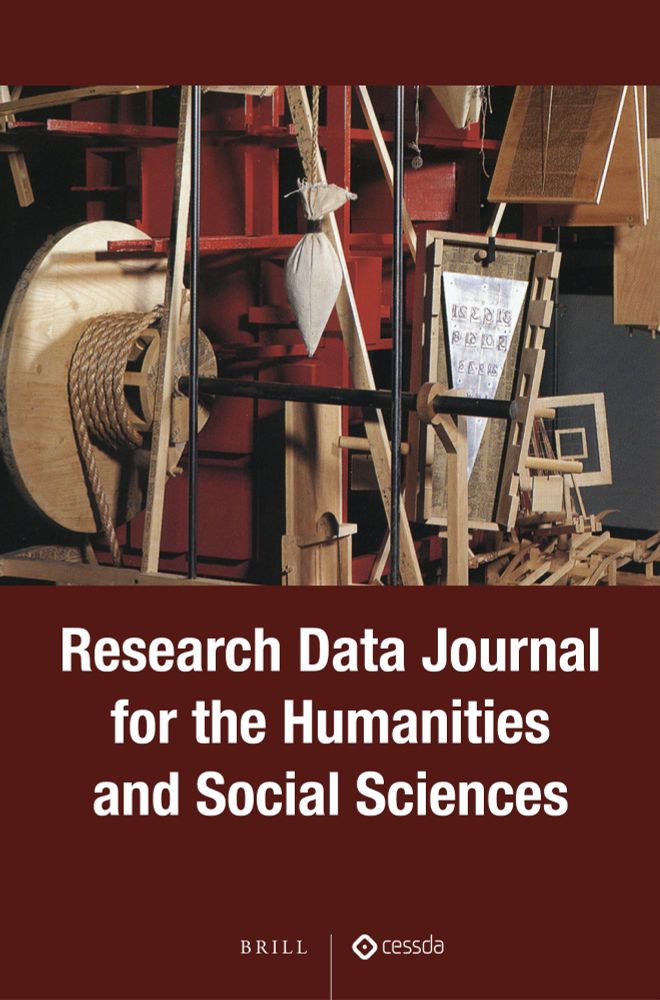
The model learns the four tones (male only near perfectly) and also replicates stages of tone learning in language acquisition. What is more difficult to learn for children

The model learns the four tones (male only near perfectly) and also replicates stages of tone learning in language acquisition. What is more difficult to learn for children

So we, who were influenced by him at the rise of DH, keep remembering.

So we, who were influenced by him at the rise of DH, keep remembering.
Read him, if you haven't www.degruyter.com/document/doi...

Read him, if you haven't www.degruyter.com/document/doi...

papers.ssrn.com/sol3/papers....
papers.ssrn.com/sol3/papers....


discourse.computational-humanities-research.org/t/call-for-i...

discourse.computational-humanities-research.org/t/call-for-i...

bsky.app/profile/andr...
open.substack.com/pub/translat...

bsky.app/profile/andr...
📝 Paper: tinyurl.com/jdhss
🌍 Web browser: tinyurl.com/poetreeweb
💽 Full data: tinyurl.com/ptzenodo



